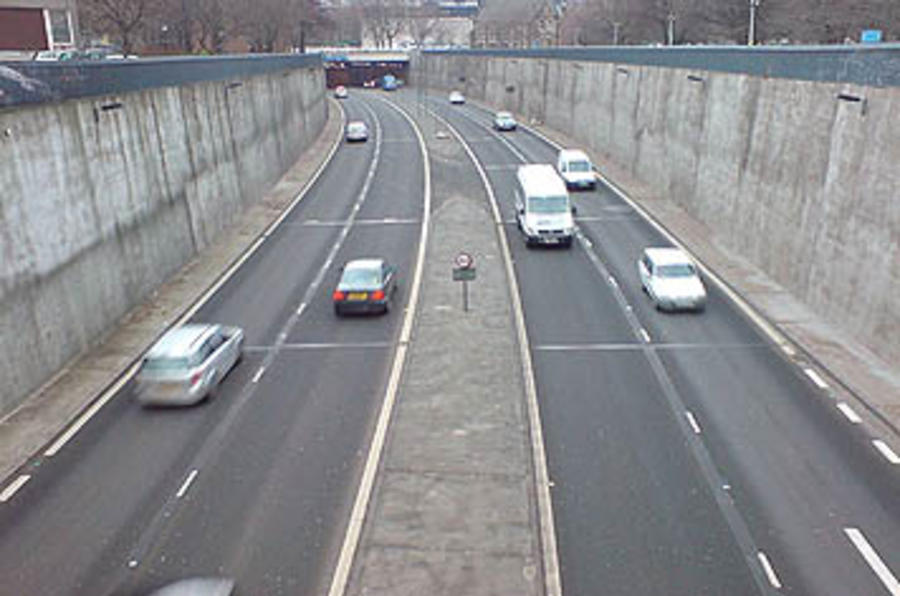British motorists are becoming more inward looking, according to the RAC Report on Motoring 2010.
The annual report found that the sample of 1150 British motorists care more about other road users' behaviour and the state of their local roads, rather than more general global issues.
Of those surveyed, 96 per cent of motorists are concerned by mobile phone usage when driving, 97 per cent are concerned about drunk or drugged drivers, and 88 per cent think the state of their local roads is becoming worse.
The report also suggests that the impact of the recession has seen a growing interest in more economical vehicles, with Brits buying fewer luxury and 4x4 cars.
However, it also suggests that the environment is not a priority of motorists as 35 per cent of those polled believe nothing they will do will make a difference.
Despite this, 74 per cent said they would buy a more environmentally-friendly new car if tax incentives for doing so were better.
Two out of three motorists said they would use their car less if public transport was improved and two in five had changed their driving style to conserve fuel.
There has been an increase in the amount of drivers breaking the law with 28 per cent admitting to using their mobile while driving and 12 per cent knowingly driving when over the alcohol limit.
The case for over 70s to take refresher tests is increasing with 69 per cent of motorists agreeing with the idea. somehthing 80-year-old Sir Stirling Moss also backs.
The report concludes by calling on the new coalition government to do more to create joined up transport initiatives – both private and public – and better use of existing resources.






Join the debate
Add your comment
Re: British motorists 'inward looking'
Re: British motorists 'inward looking'
Sorry to argue this point, but my wifes Volvo 760 (2.8 V6) with 142K on it and registered in 1990, has no cat but has just passed its MOT with emissions that are very low.
CO limit <=3.5% reading 0.805%
HC limit <=1200ppm reading 132ppm
Old (petrol) cars are not necessarily very polluting
As for todays diesel cars, wait until they are 3 years old, the DPF is clogged up, a run down the motorway won't clear it, and a nice large bill lands on your doormat to replace it, so it will pass its first mot.
As for Diesel emissions, wait until they start measuring the NO content, then we will see which is the most polluting. We all know diesels are the most polluting when taking into account all the emissions, not just the CO content.
Re: British motorists 'inward looking'
Hilton, I completely agree that the government have been terribly blinkered at focussing on CO2 to the exclusion of other pollutants that have a much more serious direct impact on the health of voters. It is shocking the degree of contempt they show when it comes to ignoring the problem of illegal air quality in our cities.
I don't have any figures but I'm not as convinced as you that the blame lies entirely at the wheel of buses, taxis and commercial vehicles - the government's attempts to encourage more responsible car purchases also have the effect of encouraging people into small diesels where in many cases, a cleaner small petrol might be more appropriate. But that said, Boris Johnson had the opportunity to deal with commercial vehicles with Ken's "Low Emission Zone" legislation. But instead he rather cowardly delayed it to the point of effectively killing it.